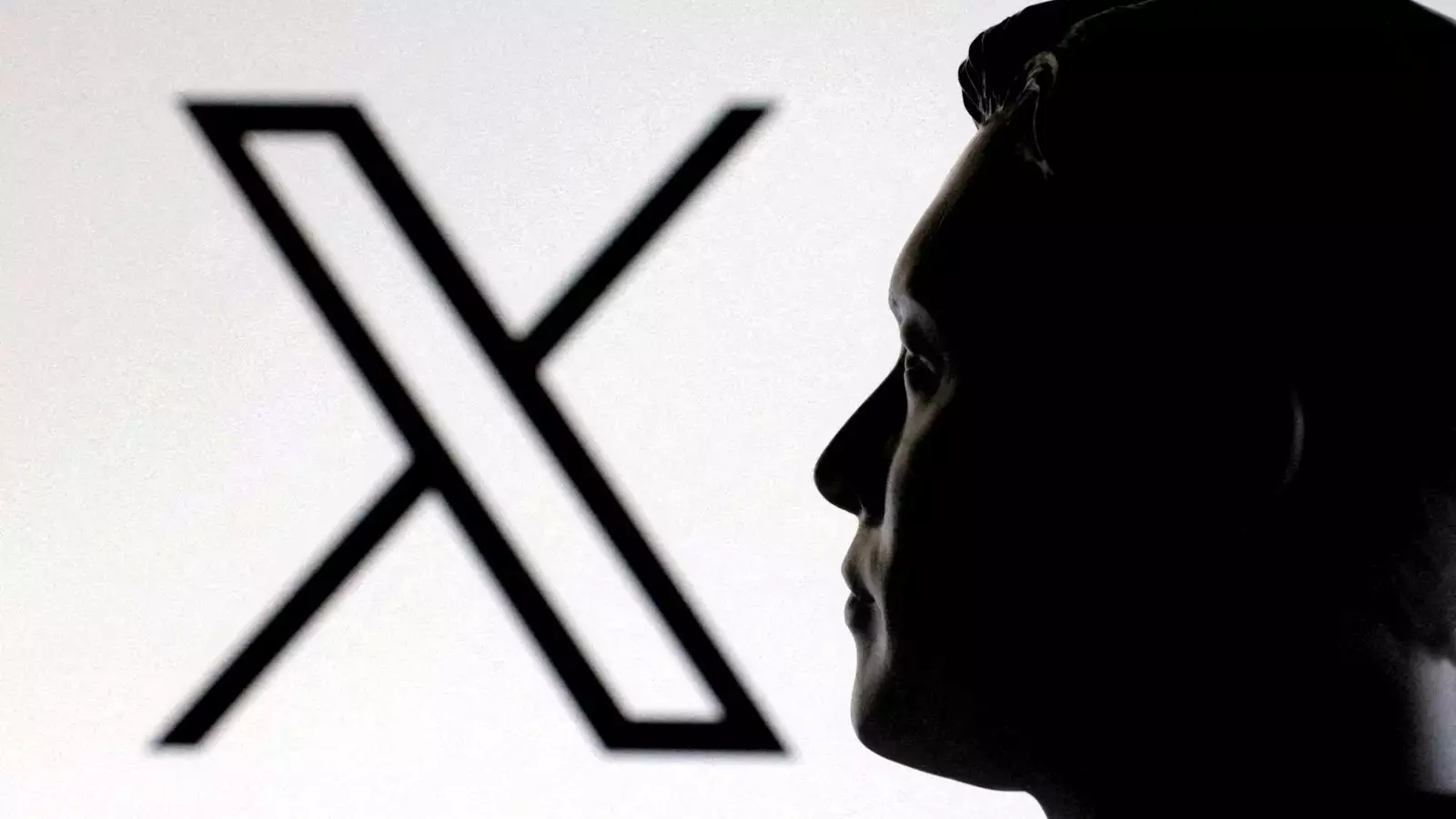In recent discourse, Sir Ed Davey’s outrage towards Elon Musk exposes a disturbing tendency among political figures to wield moral outrage as a tool for political gain rather than a pursuit of genuine safety. His accusations—calling Musk a criminal and demanding his prosecution—are rooted less in nuanced understanding and more in a desire to cast a popular billionaire as a villain. While online harm, especially involving children, is unquestionably a critical issue, the rush to criminalize Musk based on his management of X reflects an oversimplified narrative that neglects the complexities of platform responsibility, corporate activism, and freedom of speech. It’s easy to embrace the moral high ground by condemning one individual, but it’s far harder to foster balanced solutions that respect democratic principles and individual rights.
Instead of addressing systemic failures or advocating for effective policies, the narrative fixates on punishing Musk personally, framing him as a villain to appease public outrage, and conveniently neglecting that social media regulation is a multi-layered challenge entangled with free expression, technological innovation, and public safety. This approach risks creating a dangerous environment where even the most ethical companies can be demonized for structural deficiencies beyond individual control. The question must be asked: Do moral outrage and political finger-pointing truly serve the interests of safeguarding children, or do they merely serve as tokens in a moral theater that distracts from substantive policy reforms?
The Illusion of Personal Morality in the Tech Industry
Assigning criminal responsibility to Elon Musk based on the current state of X’s content moderation is an oversimplification that ignores broader societal and technological challenges. Musk’s leadership has been a mixture of innovations and missteps, but often, it’s the societal context—unchecked online content, algorithmic amplification, and insufficient regulatory frameworks—that bears responsibility for harms to children and vulnerable populations. The idea that a single individual or even a company can be solely held accountable is a misguided fantasy that ignores the shared responsibilities of governments, civil society, and users themselves.
Musk’s critics conveniently overlook that social media platforms operate within a complex ecosystem that is difficult to control. Content moderation, especially for harmful material involving children, is an extraordinarily challenging task exacerbated by the rapid proliferation of user-generated content and the global scale at which these platforms operate. Demonizing Musk as a criminal displaces the real debate: How can regulations evolve to effectively hold platforms accountable without infringing on fundamental rights? For the Lib Dem leader to deride Musk as a criminal without acknowledging these complexities undermines the possibility of achieving balanced solutions rooted in law, science, and human rights.
The Myth of the ‘Evil Billionaire’ and the Politicization of Digital Safety
Casting Elon Musk as a villain motivated by greed, ego, and a reckless disregard for societal well-being feeds into a populist narrative that simplifies complex issues. While there are valid concerns about how social media influences public discourse and the exposure of children to harmful content, targeting Musk personally is a classic tactic of political theater, designed to rally populist sentiments rather than inspire meaningful change. The critique ignores that Musk’s ownership of Twitter/X has been accompanied by efforts—whether perfect or imperfect—to improve safety, transparency, and accountability.
Furthermore, calling for Musk’s arrest in a foreign country demonstrates a fundamental misunderstanding of sovereignty, international law, and diplomatic norms. Such hyperbolic accusations risk turning legitimate debates about child safety into spectacles of moral outrage that harm diplomatic relations and distract from practical solutions. It also contributes to a broader misconception that regulation and enforcement are best served by sensationalism rather than thoughtful policy-making.
Embracing Reality: Regulation Over Rhetoric
The real solution rests not in the vilification of tech leaders but in robust, well-enforced regulations and independent oversight. The UK’s Online Safety Act and Ofcom’s proactive stance are steps in the right direction, but they require political will and societal consensus to be effective. Politicians like Sir Ed should focus on crafting policies that enhance transparency, empower users, and hold platforms accountable without resorting to criminal accusations motivated more by political optics than pragmatic governance.
It’s troubling that some political figures see the regulation of online content as a crusade for moral righteousness rather than a complex balancing act. True leadership involves acknowledging the imperfections of current systems, supporting technological innovation in safety measures, and fostering public-private partnerships that genuinely serve children’s interests. Demonizing Musk and threatening arrest is a reckless diversion from these essential pursuits.
By framing this debate through a lens of moral panic and political blame, we risk undermining the very principles of justice, fairness, and democratic accountability that should guide our approach to digital safety. Genuine progress demands thoughtful regulation, technological investment, and a collective commitment to protecting vulnerable populations—rather than populist outrage and scapegoating.


Leave a Reply